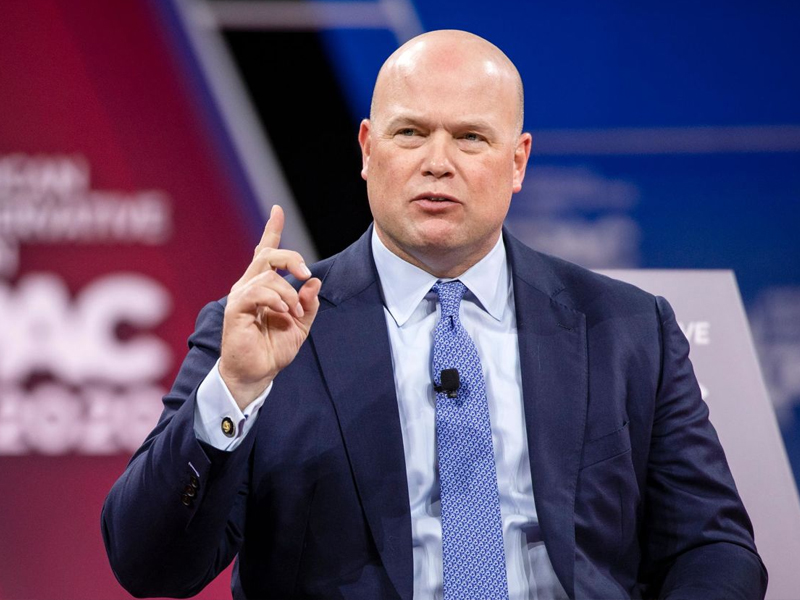
Former Acting Attorney General Matt Whitaker has been appointed by Donald Trump as the new NATO ambassador.
Donald Trump has announced his selection of former acting Attorney General Matt Whitaker to serve as US ambassador to NATO, the foundational Western alliance that Trump has questioned for years.
In a statement, Trump described Whitaker as “a strong warrior and loyal Patriot” who will “ensure the United States’ interests are advanced and defended,” as well as “strengthen relationships with our NATO Allies, and stand firm in the face of threats to Peace and Stability.”
Whitaker’s appointment as the US representative to the North Atlantic Treaty Organisation is notable due to his background in law enforcement rather than foreign policy. Initially considered a candidate for attorney general, Whitaker was passed over in favour of Matt Gaetz, a staunch Trump loyalist whose nomination has sparked division within the Republican Party.
The NATO ambassadorship carries particular significance given Trump’s longstanding criticisms of the alliance.
Trump has repeatedly expressed dissatisfaction with member countries that fail to meet the defence spending commitment of 2% of their GDP, calling into question the United States’ obligations under the NATO treaty.
Whitaker previously served as acting attorney general from November 2018 to February 2019 during the final stages of special counsel Robert Mueller’s investigation into Russian election interference. Prior to that, he was chief of staff to Jeff Sessions, Trump’s first attorney general, and assumed the acting role after Sessions was dismissed over his recusal from the Russia probe. Whitaker remained in the position without Senate confirmation until William Barr was appointed attorney general in February 2019.
In recent years, Whitaker has been an outspoken critic of federal criminal cases against Trump, which are likely to be dismissed following Trump’s election victory.
Trump’s stance on NATO has caused alarm among Western allies since his 2016 campaign, when he suggested the United States might withdraw from its treaty obligations unless member states met their defence spending targets








